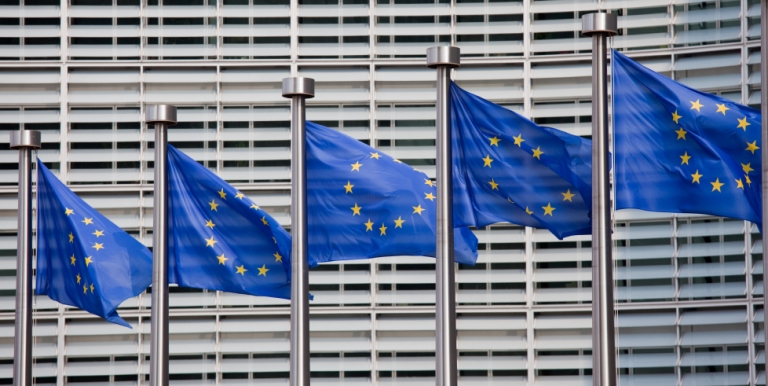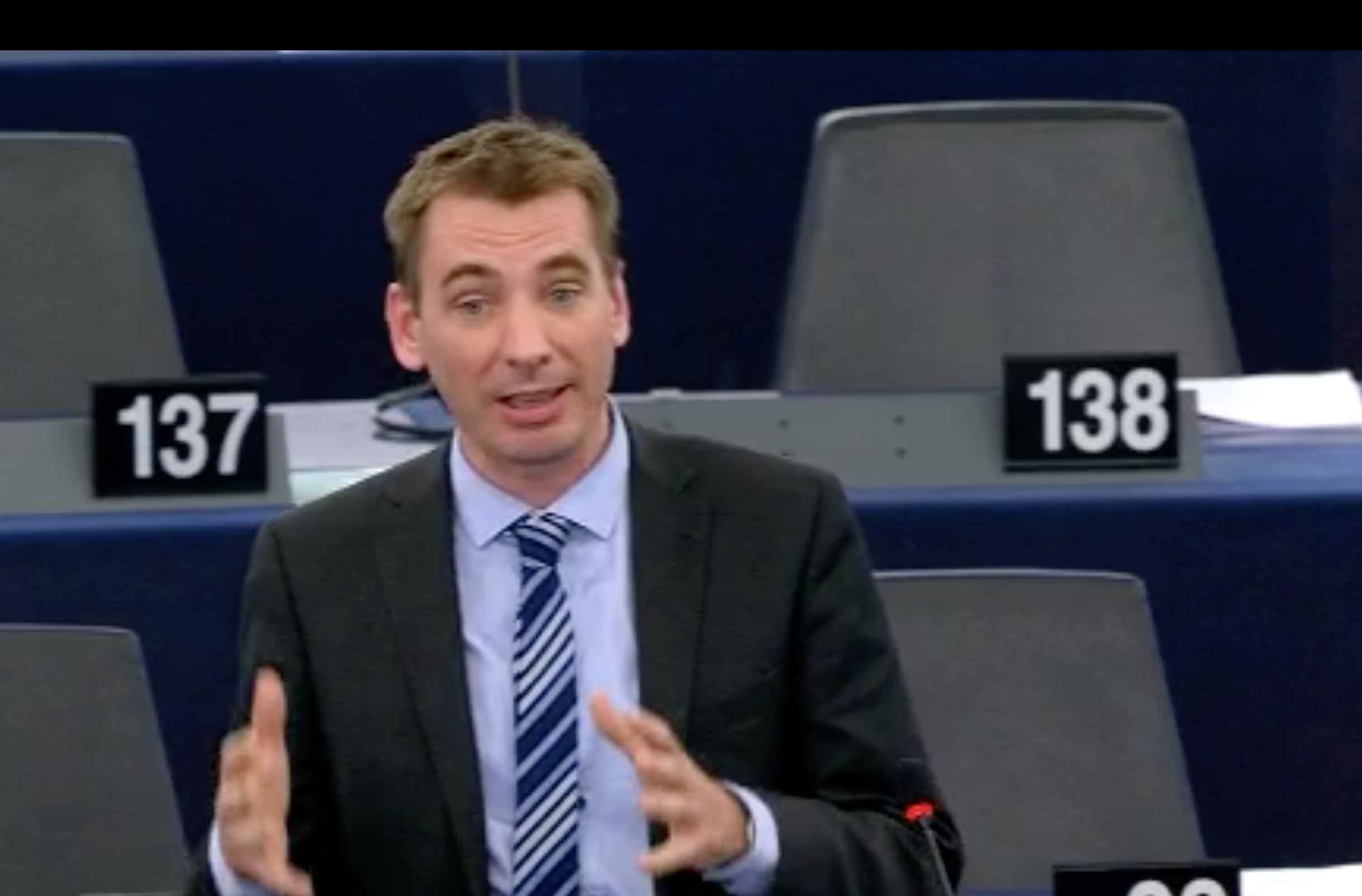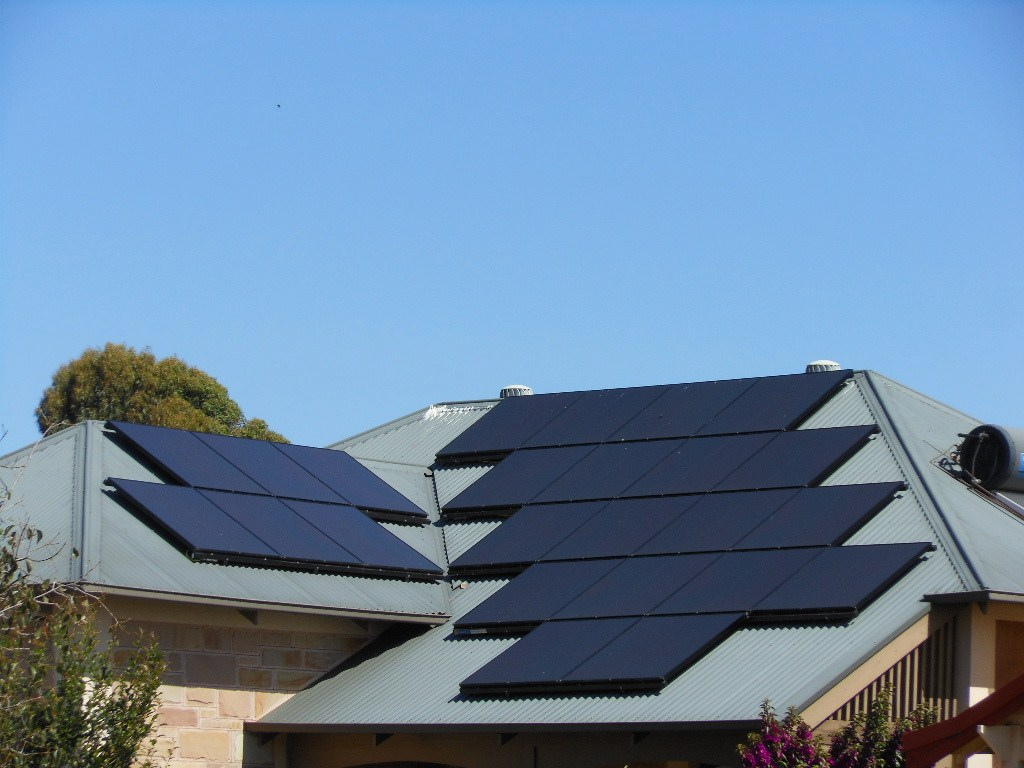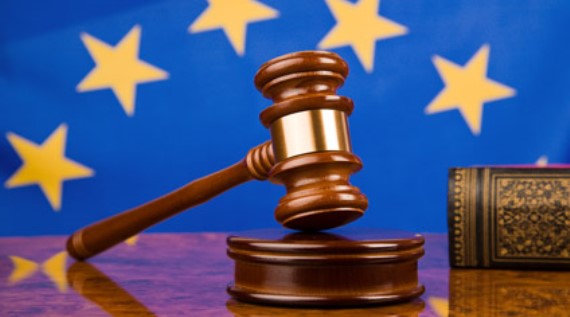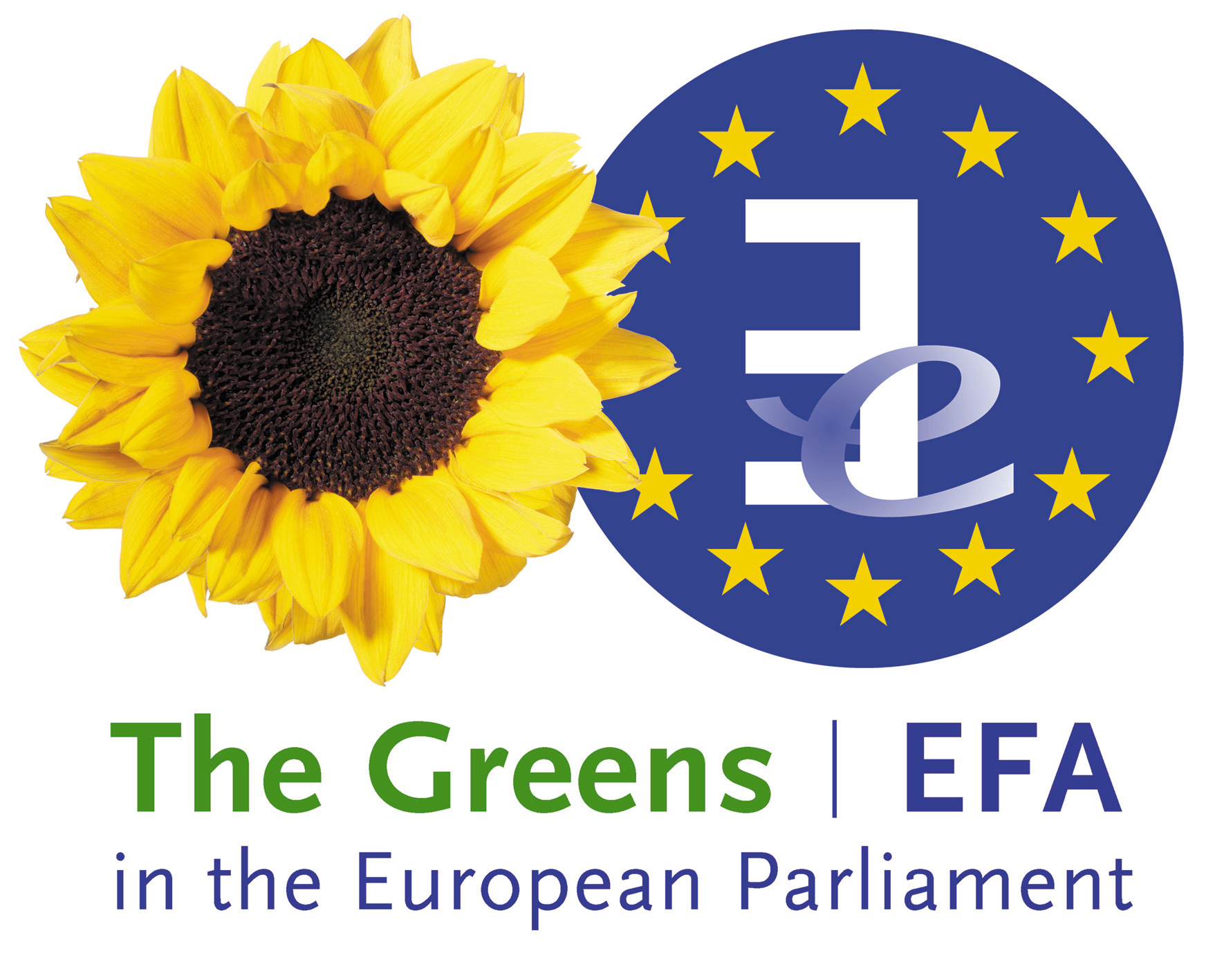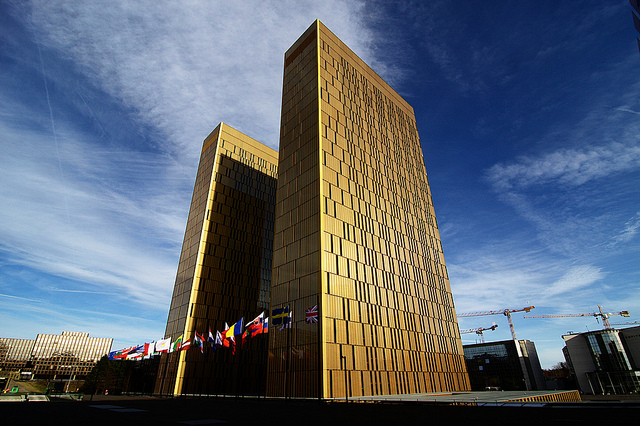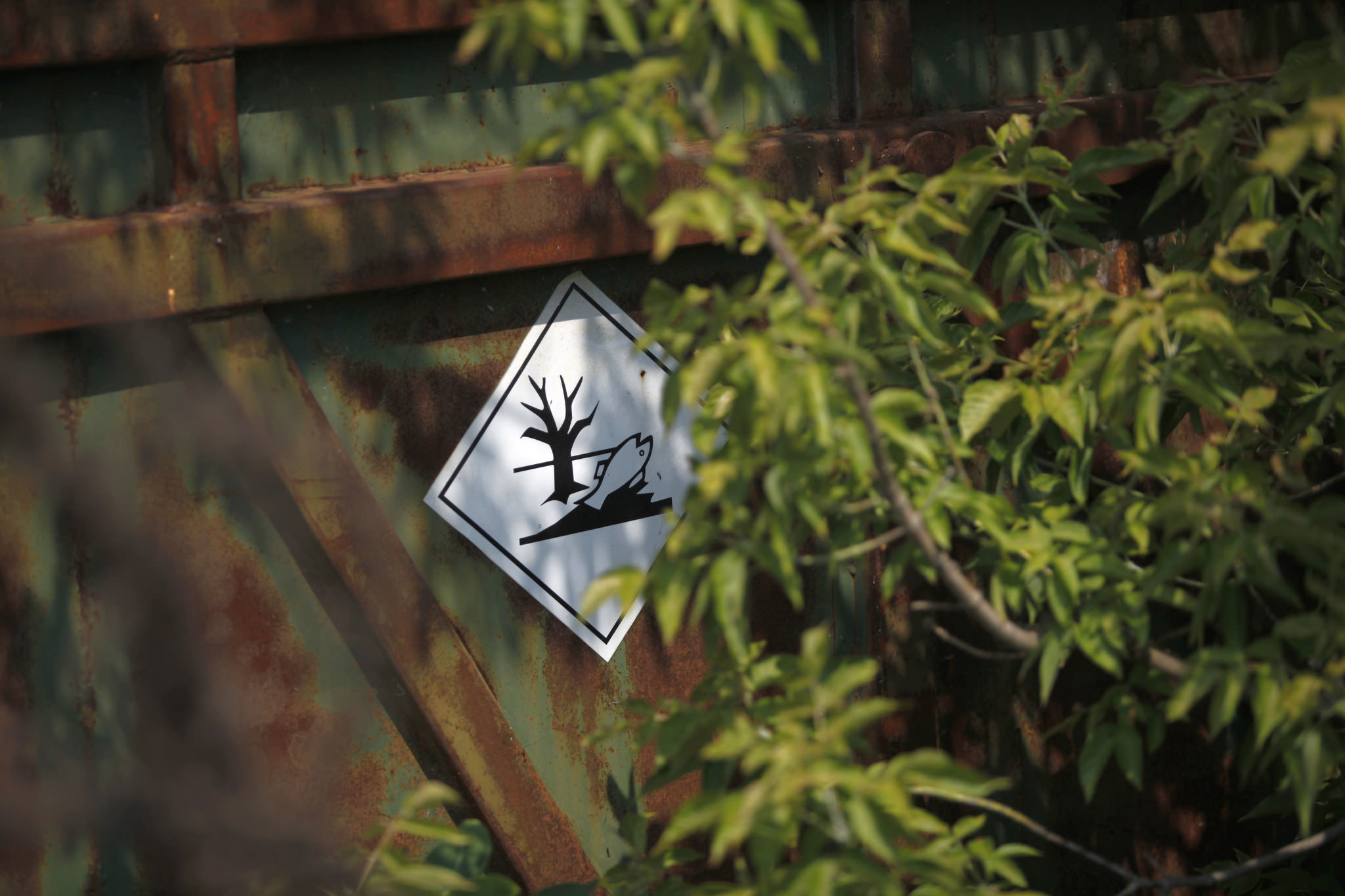MEPs agree to increase EU’s renewable and energy efficiency goals but that’s not going to sit well with national governments.
The European Parliament’s evident self-satisfaction over Wednesday’s vote to boost the EU’s green energy ambitions is likely to be punctured in the coming brawl with national governments.
MEPs’ push to speed up the bloc’s transition to clean energy puts it on a collision course with the Council of the EU, where several countries are angry at the possibility of being forced to shoulder an extra, and expensive, burden.
“We are expecting long and tough negotiations,” a Central European diplomat said, adding that the Parliament’s position “is more ambitious and challenging than what we agreed in the Council.”
MEPs said the EU should get 35 percent of its energy from renewable sources by 2030, as well as achieving a minimum 35 percent gain in energy efficiency over the same period. They also agreed on strong rules for ensuring countries are on track to meet their goals.
The votes shape the Parliament’s position on the Renewable Energy Directive, the Energy Efficiency Directive and the Governance Regulation. These are all key files from the European Commission’s Clean Energy Package, which aims to encourage the EU’s uptake of renewable energy and reform of its power market.
But Parliament’s higher targets are a lot more than many EU countries are prepared to accept.
“I expect the negotiations on all files from the Clean Energy Package to be tough,” said Martina Werner, a German MEP from the Socialists and Democrats. “The risk is to end up with the lowest common denominator.”
When EU energy ministers adopted their position in December, they left in place the current 27 percent renewable energy target. In May, when the Commission suggested increasing the target for energy efficiency from 27 percent to 30 percent, the idea ended up getting Council support but several Central and Eastern European countries fought an unsuccessful rearguard action to keep the old level.
Green resistance
National opposition is not too surprising considering the bitter talks over setting the 2030 energy and climate goals in the first place back in 2014. There was strong resistance from several Central and Eastern European countries who felt things were going too far, too fast; many still rely on coal, and were worried about the financial and economic costs of shifting to other power sources in a short period of time.
In the end, EU leaders committed to 27 percent targets for both energy efficiency and renewable energy.
Those promises have to be translated into laws, and now Central Europeans are outraged that Brussels and the Parliament are trying to push beyond the leaders’ 2014 deal by pressing for higher targets in the process.
“The targets are way beyond what is feasible. We cannot come up with commitments like that out of thin air,” said an Eastern European diplomat.
Green energy advocates argue that Central European concerns are outdated.
Renewable energy costs have dropped much faster in recent years than most anticipated, and recent Commission calculations found boosting the bloc’s renewable energy target to 30 percent would cost the EU roughly the same as implementing its current 27 percent goal.
The Commission and especially the Parliament are keen on greater energy ambition amid growing public alarm over global warming, as well as pressure to meet the bloc’s commitments under the 2015 Paris climate agreement.
Climate Action and Energy Commissioner Miguel Arias Cañete gave Parliament a pat on the back after Wednesday’s votes, calling it a “great day.” The Parliament “shows it means business with Europe’s clean energy transition and our #ParisAgreement commitments,” he tweeted.
His sentiment was largely echoed by NGOs and renewable energy lobby groups.
Matching rhetoric
The differences between national positions and the Parliament will be hashed out in upcoming negotiations.
“We are ready to face member states,” said Michèle Rivasi, a French Green MEP who co-led work on the Governance Regulation. “They will have to be more ambitious and they will have to start seeing things as we see them.”
A compromise could see talks settle on a target in between the positions of the Parliament and the Council. With a strong push from the Parliament, more ambitious governments from Nordic and Western European countries could help sway the general consensus toward a middle ground of just over 30 percent — despite Central European grumbling.
“European governments will now be under pressure to match their rhetoric on climate change with action by supporting the Parliament’s position,” Roland Joebstl, policy officer at the European Environmental Bureau.
Inter-institutional talks are expected to start within the next weeks under the leadership of the Bulgarian Council presidency.
This article is part of POLITICO’s new Sustainability coverage, tracking issues including the circular economy, air and water pollution, nature protection and chemicals, and including the Sustainability Insights newsletter every Monday afternoon. Email pro@politico.eu for more information.

